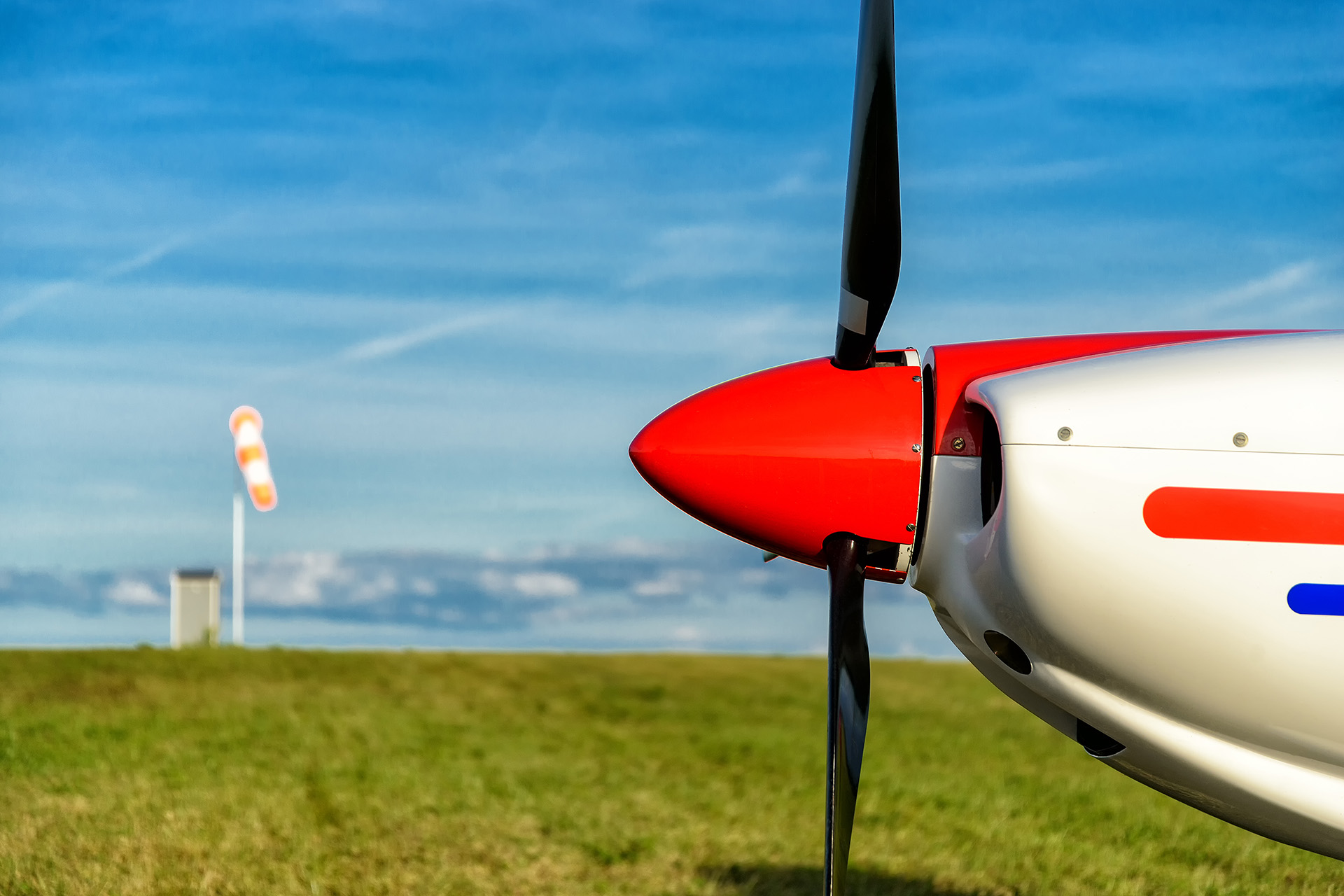Minor Modifications and Minor Repairs
A minor modification to a UK registered aircraft is one that has no appreciable effect on airworthiness (see major modification and major repair definition below) but still requires CAA approval.
For non-Part 21 aircraft, such as amateur-built microlights, gyroplanes, historic aircraft or replicas CAP 1419 'Guidance to applicants when preparing applications for the approval of minor modifications to non-EASA aircraft' outlines how to achieve a minor modification approval.
It also covers an alternative process to enable the use of CS-STAN for 'standard' changes (modifications) and repairs, and includes CAA Form 123 as the Standard Change/Standard Repair (SC/SR) embodiment record for an aircraft.
For Part 21 aircraft minor modifications (minor changes) and minor repairs refer to the changes or modifications and repair to Part 21 aircraft page.
Application
Applications for approval of minor modifications and minor repairs to non-Part21 aircraft, such as amateur-built, microlights, gyroplanes, historic aircraft or replicas, can be submitted by email to apply@caa.co.uk through the SRG1726NR form.
Eligibility
Anyone may apply for the CAA approval of a minor modification or minor repair.
Major modifications and major repairs
A major modification or major repair to a UK registered aircraft is one that has a larger overall effect on the airworthiness of the aircraft and requires CAA approval.
Major modifications or major repairs are those with:
an appreciable effect on any of the following:
- mass, balance
- structural strength
- reliability
- operational characteristics
- noise/fuel venting/emissions
- operational suitability data
- any other characteristics that may affect airworthiness
or those which may:
- require adjustment of the certification basis
- require new interpretation of the certification basis
- create new methods of demonstration
- require considerable re-evaluation
- alter airworthiness or operating limitations
- effect AD terminating action
- affect a function with a hazardous or catastrophic failure condition
The approval is usually achieved through the release of an Airworthiness Approval Note (AAN). For further information on AANs refer to the AAN page.
For Part 21 aircraft major modifications (major changes to Type Certificates (TCs), Restricted TCs (RTCs) and Supplemental Type Certificates (STCs)) refer to the changes or modifications and repairs to Part 21 aircraft page.
Application
Applications for approval of major modifications or major repair to non-UK Part 21 aircraft, such as amateur-built, microlights, gyroplanes, historic aircraft or replicas, can be submitted by email to apply@caa.co.uk through the SRG1726NR form.
Eligibility
Only an approved design organisation (BCAR A8-1 or A8-21) with the appropriate scope and terms of approval may apply for the CAA approval of a major modification or major repair to non-Part 21 aircraft.
Fees
Information on current fees can be found in the Scheme of Charges (Airworthiness, Noise Certification and Aircraft and Aircraft Engine Emissions.
Contact details
Email: ga@caa.co.uk
Telephone: 01293 573988

